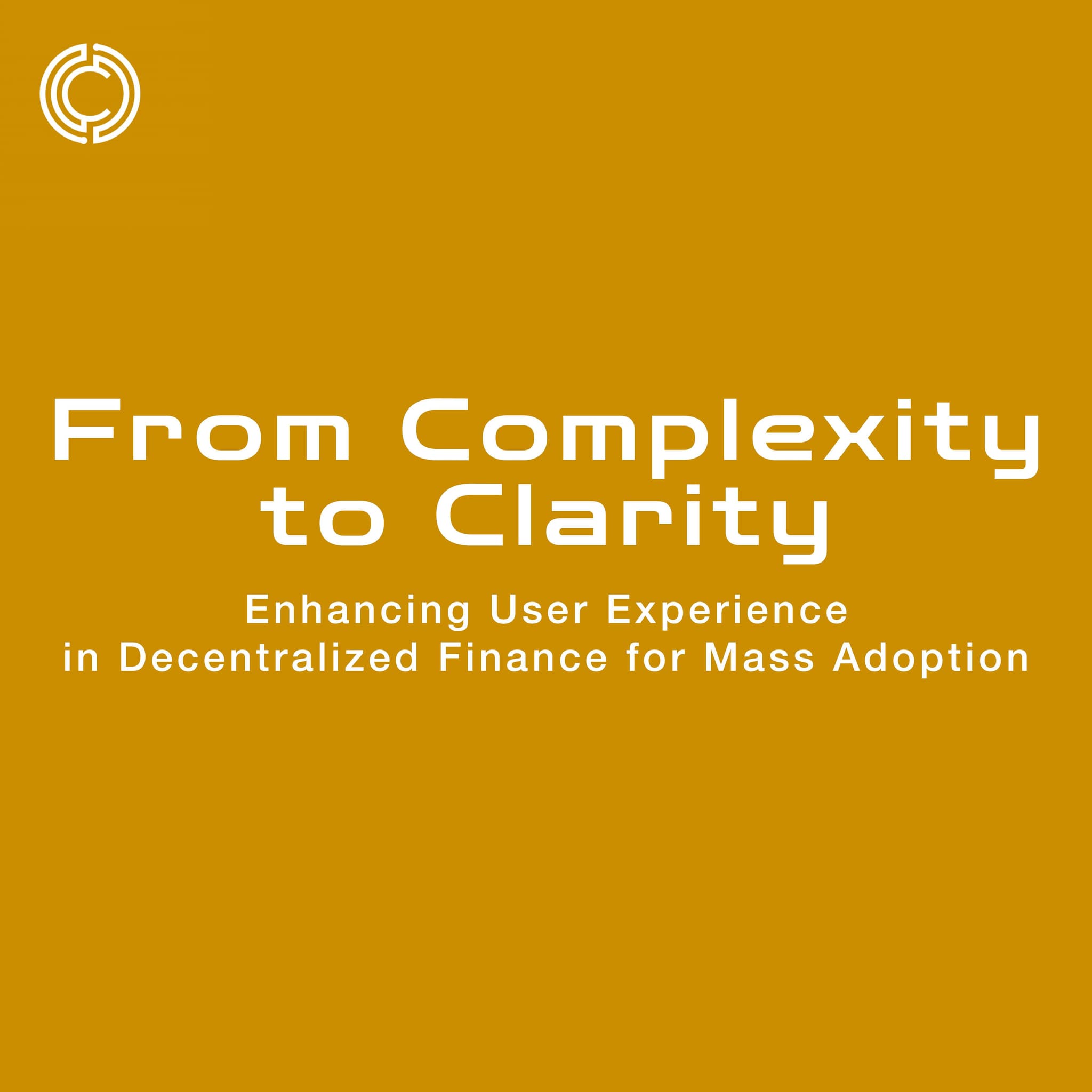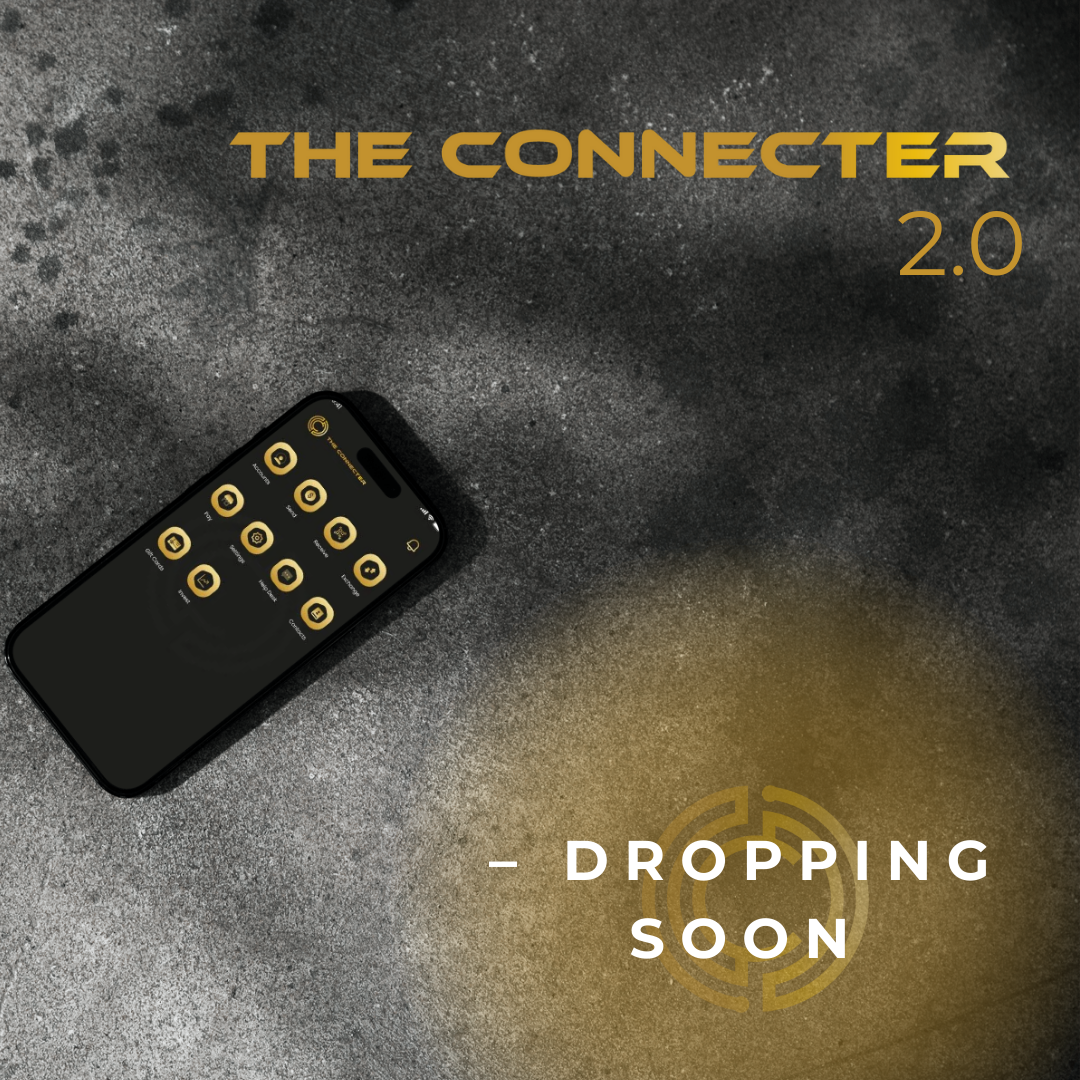

Decentralized finance (DeFi) has ushered in a new era of financial autonomy, allowing users to manage their assets without reliance on traditional banking institutions. However, for DeFi to achieve widespread adoption and reach the early majority, addressing the significant usability challenges is crucial. A recent study analyzing the top five crypto wallets revealed alarming statistics: a staggering 70% fail rate for new users attempting to create a wallet and over 90% struggling to recover their accounts on new devices.
The Disconnect in Usability:
Another study, which delved into approximately 48,000 reviews on various crypto wallets, unearthed the frustration and obstacles users face in the DeFi landscape. A common sentiment echoed by users was the complexity of onboarding, with one IT professional expressing, “I’m in IT, and it took me several days of trying to figure out how exactly to get money into the wallet”. The onboarding process serves as a critical gateway for users, and the high failure rate indicates a pressing need for improved user experience.
Another notable concern highlighted in the study was the cumbersome authentication processes imposed by certain wallets. Users lamented the need to download additional apps, and provide excessive personal information, as illustrated by a user who remarked, “Now I have to download another app….I have to put in MORE information about myself. I have to always take a selfie for any and every transaction”. These barriers hinder accessibility and discourage users from fully embracing the potential of DeFi.
Connecter: A Solution to Usability Woes:
Enter the Connecter, a platform dedicated to solving the pervasive issues related to user experience in decentralized finance. Understanding the need for a seamless onboarding process, the Connecter is committed to simplifying the creation of wallets and ensuring a user-friendly environment for both new and experienced users.
Addressing Authentication Concerns:
Acknowledging the user feedback on authentication processes, the Connecter is poised to enhance security without compromising user convenience. The implementation of features such as PINs and fingerprint authentication directly responds to users’ demands, as illustrated by reviews like “This app is working very well except it opens straight into your send/receive function. A PIN would be nice to ensure only I can open the app” and “I was hoping they would finally include fingerprint authentication, but they still use a pin and have a more dysfunctional app”.
Striving for Better Security:
Security concerns were another common theme in the reviews, with users expressing a desire for options like two-factor authentication (2FA) during transactions. The Connecter takes these concerns seriously, incorporating enhanced security features to instill confidence in users navigating the DeFi landscape.
As the demand for decentralized finance continues to grow, overcoming usability hurdles is imperative for achieving mass adoption. The Connecter stands as a beacon of innovation, actively addressing user concerns and striving to create a DeFi ecosystem that is accessible, secure, and user-friendly. By bridging the gap between user expectations and existing wallet functionalities, the Connecter paves the way for a future where everyone can experience the benefits of web 3.0, unlocking the true potential of decentralized finance.
References:
Marsuki, M. A., & Pamungkas, G. A. (2023, July). A Thematic Analysis to Determine the Future Design of Mobile Cryptocurrency Wallet. In International Congress on Blockchain and Applications (pp. 286–296). Cham: Springer Nature Switzerland.
Moniruzzaman, M., Chowdhury, F., & Ferdous, M. S. (2020). Examining usability issues in blockchain-based cryptocurrency wallets. In Cyber Security and Computer Science: Second EAI International Conference, ICONCS 2020, Dhaka, Bangladesh, February 15–16, 2020, Proceedings 2 (pp. 631–643). Springer International Publishing
Voskobojnikov, A., Wiese, O., Mehrabi Koushki, M., Roth, V., & Beznosov, K. (2021, May). The u in crypto stands for usable: An empirical study of user experience with mobile cryptocurrency wallets. In Proceedings of the 2021 CHI Conference on Human Factors in Computing Systems (pp. 1–14).







